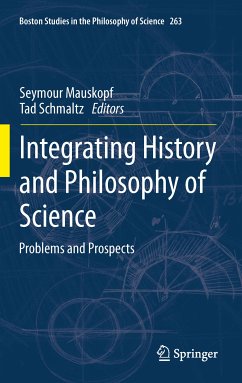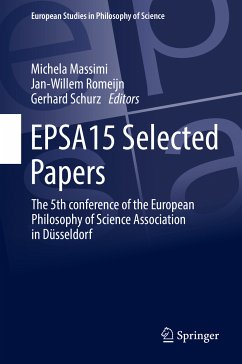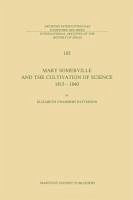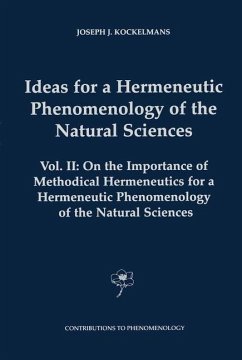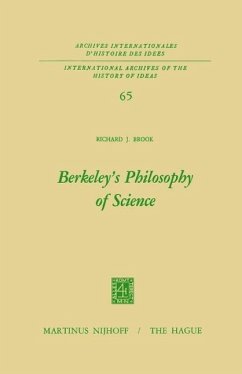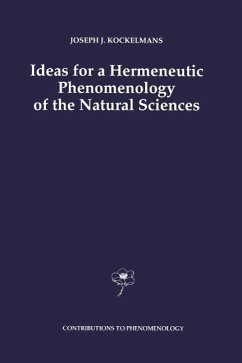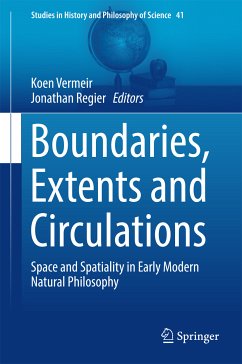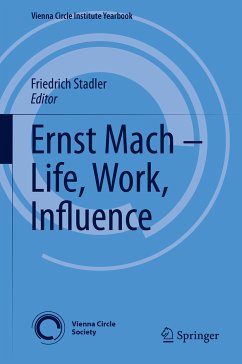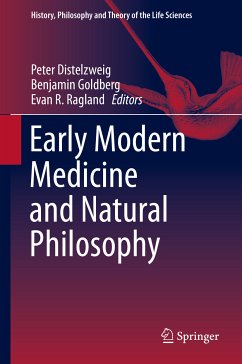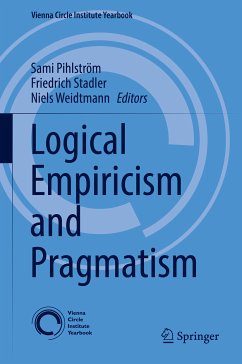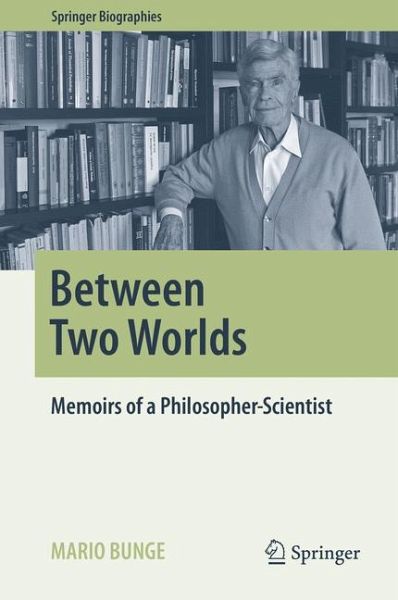
Between Two Worlds (eBook, PDF)
Memoirs of a Philosopher-Scientist
Versandkostenfrei!
Sofort per Download lieferbar
88,95 €
inkl. MwSt.
Weitere Ausgaben:

PAYBACK Punkte
44 °P sammeln!
To go through the pages of the Autobiography of Mario Bunge is to accompany him through dozens of countries and examine the intellectual, political, philosophical and scientific spheres of the last hundred years. It is an experience that oscillates between two different worlds: the different and the similar, the professional and the personal.It is an established fact that one of his great loves was, and still is, science. He has always been dedicated to scientific work, teaching, research, and training men and women in multiple disciplines. Life lessons fall like ripe fruit from this book, bri...
To go through the pages of the Autobiography of Mario Bunge is to accompany him through dozens of countries and examine the intellectual, political, philosophical and scientific spheres of the last hundred years. It is an experience that oscillates between two different worlds: the different and the similar, the professional and the personal.
It is an established fact that one of his great loves was, and still is, science. He has always been dedicated to scientific work, teaching, research, and training men and women in multiple disciplines. Life lessons fall like ripe fruit from this book, bringing us closer to a concept, a philosophical idea, a scientific digression, which had since been uncovered in numerous notes, articles or books.
Bunge writes about the life experiences in this book with passion, naturalness and with a colloquial frankness, whether they be persecutions, banishment, imprisonment, successes, would-be losses, emotions, relationships, debates, impressions or opinions about people or things.
In his pages we pass by the people with whom he shared a fruitful century of achievements and incredible depths of thought. Everything is remembered with sincerity and humor.
This autobiography is, in truth, Bunge on Bunge, sharing everything that passes through the sieve of his memory, as he would say.
Mario's many grandchildren are a testament to his proud standing as a family man, and at the age of 96 he gives us a book for everyone: for those who value the memories that hold the trauma of his life as well as for those who share his passion for science and culture. Also, perhaps, for some with whom he has had disagreements or controversy, for he still deserves recognition for being a staunch defender of his convictions.
It is an established fact that one of his great loves was, and still is, science. He has always been dedicated to scientific work, teaching, research, and training men and women in multiple disciplines. Life lessons fall like ripe fruit from this book, bringing us closer to a concept, a philosophical idea, a scientific digression, which had since been uncovered in numerous notes, articles or books.
Bunge writes about the life experiences in this book with passion, naturalness and with a colloquial frankness, whether they be persecutions, banishment, imprisonment, successes, would-be losses, emotions, relationships, debates, impressions or opinions about people or things.
In his pages we pass by the people with whom he shared a fruitful century of achievements and incredible depths of thought. Everything is remembered with sincerity and humor.
This autobiography is, in truth, Bunge on Bunge, sharing everything that passes through the sieve of his memory, as he would say.
Mario's many grandchildren are a testament to his proud standing as a family man, and at the age of 96 he gives us a book for everyone: for those who value the memories that hold the trauma of his life as well as for those who share his passion for science and culture. Also, perhaps, for some with whom he has had disagreements or controversy, for he still deserves recognition for being a staunch defender of his convictions.
Dieser Download kann aus rechtlichen Gründen nur mit Rechnungsadresse in A, B, BG, CY, CZ, D, DK, EW, E, FIN, F, GR, HR, H, IRL, I, LT, L, LR, M, NL, PL, P, R, S, SLO, SK ausgeliefert werden.



